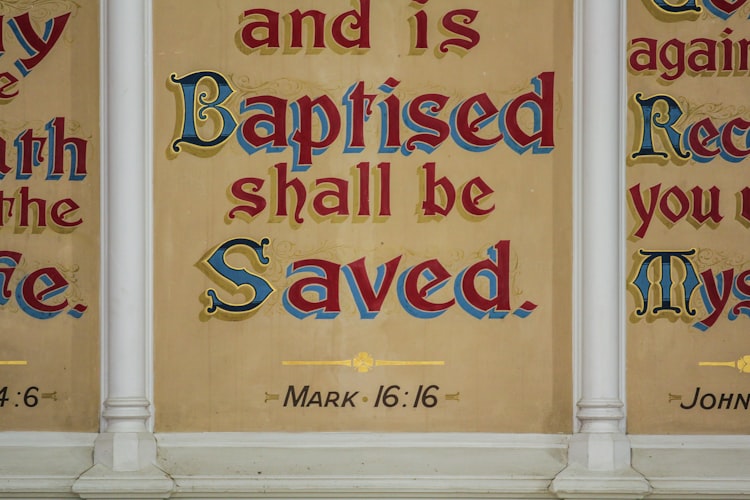It's A Sin Problem?
The disciples telling Jesus about 5,000 hungry people—
Jesus: “It’s not a food problem, it’s a sin problem.”
The centurion asking Jesus to heal his sick servant—
Jesus: “It’s not a disease problem, it’s a sin problem.”
Peter chopping off the ear of a temple servant—
Jesus: “It’s not an ear problem, it’s a sin problem.”
The first Christians offering to sell their property to help the poor in their communities—
The Twelve: “It’s not a property problem, it’s a sin problem.”
The Greek-speaking widows not receiving their daily food—
The Twelve: “It’s not a justice problem. It’s a sin problem.”
A paralyzed man asking Peter and John to heal him—
Peter and John: “It’s not a walking problem, it’s a sin problem.”
The city of Ephesus about to destroy their Diana idols and burn their magic books in response to the Gospel:
Paul: “It’s not an idol problem, it’s a sin problem.”
The Corinthian church allowing the rich to get stuffed and drunk so the poor couldn’t participate in Communion—
Paul: “It’s not a gluttony problem. It’s a sin problem.”
The Ephesian church being divided among ethnic lines—
Paul: “It’s not a skin problem. It’s a sin problem.”
The rich drag people to court and cause people to be homeless and naked—
James: “It’s not a wealth problem. It’s a sin problem.”
Do y’all hear how ridiculous this sounds? In every one of these instances, Jesus and the early church responded not with the sentiment of “I hope people’s hearts are magically changed to do better.” They instead responded with action (food, medical care, or discipline); policy (establishment of shared property; a team to feed widows; commands to the rich to eat at home); and theology (the Gospel demolished ethnic boundaries; the rich should divest themselves of riches).




Comments ()